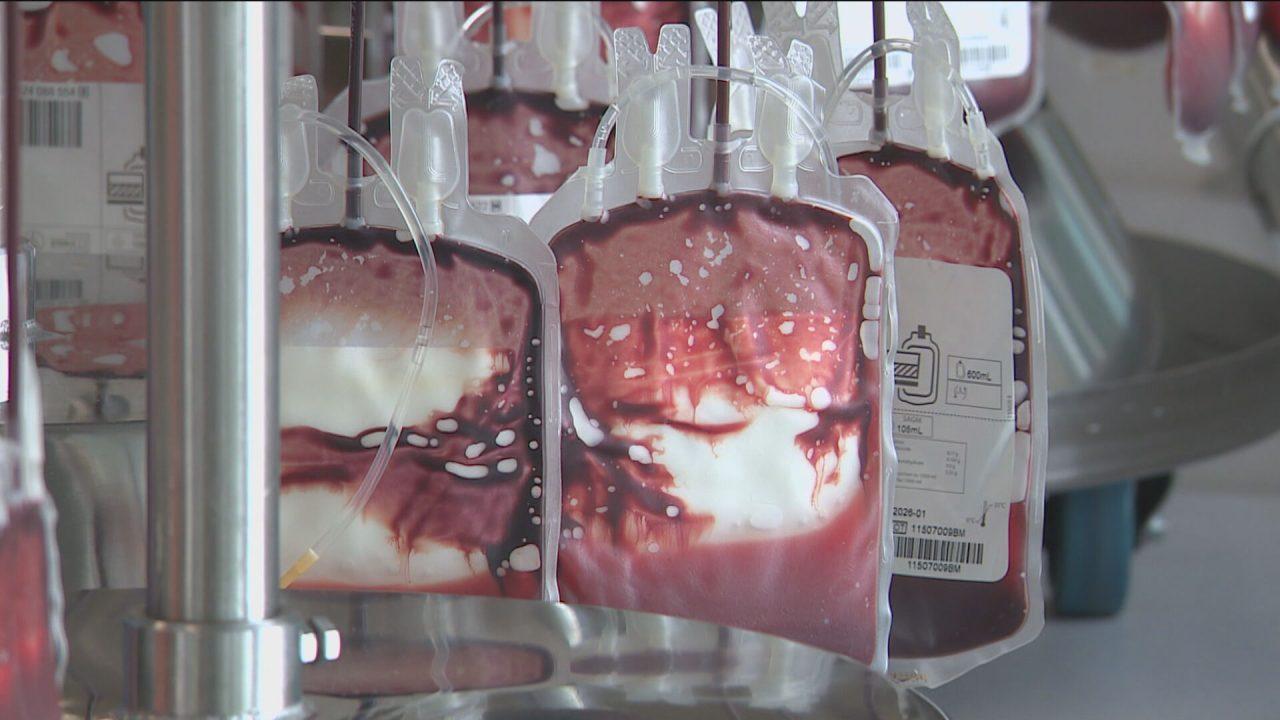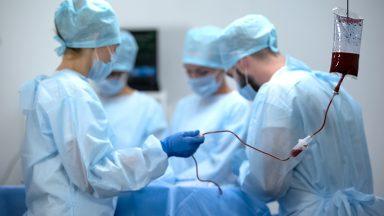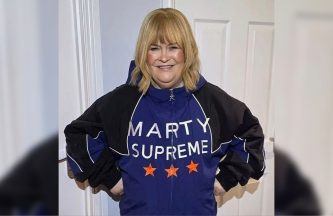Victims of the infected blood scandal can receive support for life, while those who were subjected to “unethical” research will get up to £15,000 extra, under changes to a multibillion-pound compensation plan.
Payouts under the scheme will start by the end of the year for survivors, and by next year for affected people such as family members under a second set of regulations.
Claims for those who have already died – of which there are more than 3,000 – because of the disaster can be made through their estate.
Support scheme payments – including for bereaved partners – will continue for life as part of the plan, the Government said, as it announced it had accepted the “majority” of recommendations from an independent review.
Victims who were used for research without their knowledge will also be eligible for an extra £10,000, with a higher award of £15,000 for those who underwent treatment as children in a notorious case at Lord Mayor’s Treloar’s College.
Infected people – both living and dead – will start receiving payments through the new framework by the end of this year, while for others affected by the scandal, payments will begin in 2025, the Cabinet Office said on Friday.
It comes after senior barrister and interim chairman of the compensation authority Sir Robert Francis KC made 74 proposals to address concerns with the current compensation plans.
These included an enhanced award for those involved in a “particularly egregious” case of unethical testing at the Treloar school and an increase in the “social impact” payment for some of those affected.
Pupils at the college were treated for haemophilia using plasma blood products infected with HIV and hepatitis, and NHS clinicians continued with treatments to further their medical research despite knowing the dangers, the Infected Blood Inquiry found.
The Government will also raise the social impact payment recognising the consequences of stigma surrounding the disaster for people who are likely to have lived in the same household as the infected person for more than two years.
Ministers are expected to introduce regulations for infected victims setting up the new scheme by August 24, followed by a second set of regulations for affected people in the coming months.
The accepted recommendations also include provisions for victims to receive independent legal advice to help them navigate the claims process.
Charities and campaigners welcomed such measures but some expressed disappointment at the scope of the changes.
Rachel Halford, CEO of the Hepatitis C Trust, said: “We’re pleased that the Government has listened to the concerns of the infected blood community regarding the continuation of support payments for life, which had been a significant source of anxiety for many of our helpline callers.
“We are disappointed, however, that the existing support schemes have not been opened more widely, including to people given hepatitis C after 1991 and those given hepatitis B.
“The Government must work transparently and openly with the infected blood community and explain its reasoning for likely compensation levels and the basis for these figures. Thousands of lives were forever altered when people were given hepatitis C and compensation must reflect that reality.”
Jason Evans, who set up the Factor 8 campaign group after losing his father to the scandal aged four, said: “Compensation for those impacted by the infected blood scandal has taken far too long and too many have died waiting.
“Today, the picture of what compensation might look like has become clearer, and now it must be delivered.”
Des Collins, senior partner of Collins Solicitors who has advised more than 1,000 victims and families involved in the infected blood scandal, welcomed the provision for independent legal advice for victims but questioned the wait for those affected, compared to those infected.
He said: “It is clearly good news that the scheme will be up and running by October and ready to receive applications from the infected, both those living and from representatives of those now deceased.
“It is somewhat surprising that those affected will need to wait longer than those infected to make an application but at least there is a guide on timescale.”
“The infected blood community are now assured of informed and independent legal support going forward which for many will be a great relief.”
Leigh Day, which represents more than 300 people affected by the infected blood scandal, said they “cautiously” welcomed the announcement but criticised the failure to refer to “the continued disparity in the proposals for funds awarded to those infected with mono-HIV versus mono-HCV infection.”
“The largest cohort within the infected blood community are those infected with HCV and our clients are disappointed that it appears that this long-fought against discrimination will continue,” they said.
Paymaster general and minister for the Cabinet Office Nick Thomas-Symonds said: “This is an important milestone for victims and campaigners who have waited far too long for justice.
“The Government has listened to the recommendations from Sir Robert Francis KC, heard the strong calls for change from the community and acted.
“We are going to do everything possible to deliver compensation quickly, and in many cases deliver life-changing sums to people infected and affected by this scandal.
“We know no amount of compensation can fully address the damage to people who suffered as a result of this scandal. This is why alongside the compensation, we must drive forward the wider cultural changes to make sure nothing like this ever happens again.”
Conservative MP and shadow paymaster general John Glen, who helped establish the interim compensation of £210,000 under the last government, said the Labour Government “have continued to listen to the concerns of the infected and affected communities”.
More potential paths to compensation will also be opened up, the Government said, for example by allowing people who have health conditions that are not recognised by the “core” route to make a personalised application.
However, some of Sir Robert’s recommendations were rejected, including a proposal to uprate support payments beyond Consumer Price Index (CPI) inflation.
The Government has not put a figure on how much the scheme might cost overall, though awards for those at the top end are likely to exceed £2.5m.
Some 3,000 people across the UK are estimated to have registered interest with the compensation scheme.
Follow STV News on WhatsApp
Scan the QR code on your mobile device for all the latest news from around the country





























